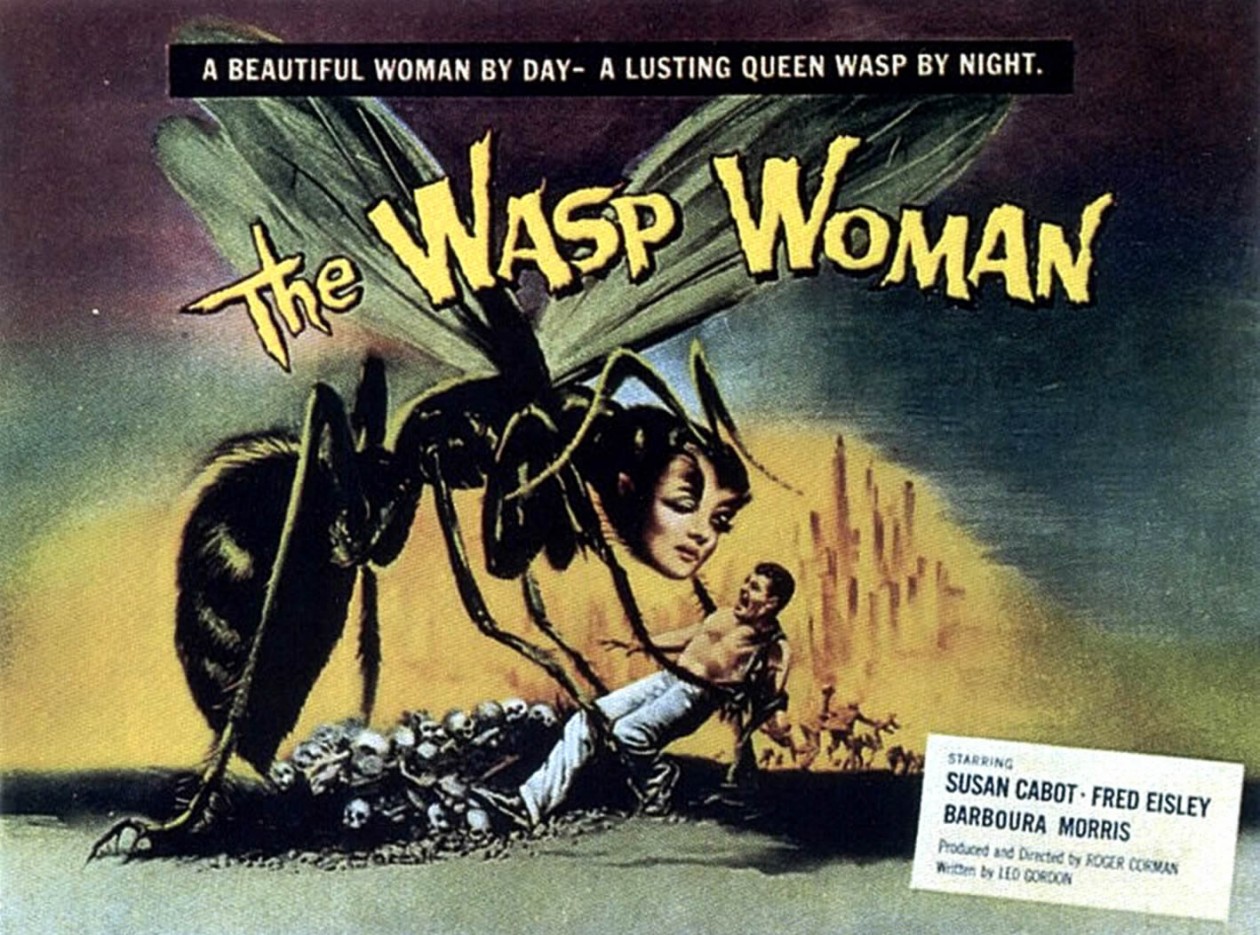http://www.refinery29.com/2014/10/76620/renee-zellweger-responds-new-look
This past week, Renée Zellweger stepped out at the Elle magazine Women in Hollywood Awards on Monday evening and, I’ll admit, looked surprisingly different. But, thankfully, there wasn’t much coverage on the event and everyone moved on with their lives in a quiet manner. HA, just kidding. Every news source and possible form of social media has been blowing up ever since regarding this supposed plastic surgery transformation. Of course, without fail the brilliant media channels of the world (E News, People, Celebuzz, Hollywoodlife, TMZ, etc) are leading the field day over this “controversy” and have been flooding the Internet with headlines like “Renee Zellweger is Unrecognizable, ” “Oh my God, What happened to Renee Zellweger?” “Doctors Decode Renee Zellweger’s New Face” and my personal favorite, “Why Renee Zellweger’s Face Matters.” I have news for you: it doesn’t.
This entire dramatic media-led episode encapsulates entirely what’s wrong with Hollywood and society’s fixation on the female image in general. Why should it matter whether this woman underwent a physical procedure to alter her looks? Isn’t that sort of the point…that it is her looks? How this affects anyone besides Zellweger is above me, but that’s not even what is most frustrating. For me, what I found most disappointing from all of these responses is that they went as far as criticizing the actress for making any decision regarding her body. Who are we to determine how anyone is supposed to look or present themselves, especially in a way that best suits our tastes?
One especially stupid article wrote this:
“Zellweger exploded onto the scene the same year that Love redid herself for Hollywood after getting raves for The People Versus Larry Flynt. Zellweger was a cuddlier version of the oddball ingenue. When she smiled, her entire face curled up like a kitten. As an actress, her whole mythology was that the awkward girl could get the guy: Tom Cruise, Hugh Grant. That wasn’t the subtext of Jerry Maguire and Bridget Jones’ Diary—it was the plot. She was excellent in those roles, but people rarely talked about her talent. Especially during the two Bridget Jones films, Zellweger could suffer through an entire interview where she was only asked about her weight.
Fans didn’t love Zellweger for her beauty, though she was in her own way very, very beautiful. (Just picture her perfect, shocked pout when Cruise kisses her breasts on the porch.) Fans loved her because her appeal transcended beauty—she was aspirational in a way that didn’t require a knife.
Except, it turns out that she did. Or rather, that she somehow became convinced of it. ”
What’s wrong with this article (besides everything) is that it is trying to formulate its argument in a feminist way, but it so tragically contradicts itself as it goes on. I get the purpose of the bit that Zellweger was only interviewed about her weight with Jerry Maguire, because that’s so blatantly absurd and insulting we don’t even need to get into it. But when it transitions to saying “fans loved her because her appeal transcended beauty,” it’s basically just saying Zellweger didn’t need to fit our definitions of what beauty is because she had other qualities that redeemed herself. But, don’t worry–“She was, in her own way, very, very beautiful.” I love that it had to clarify she could potentially be considered beautiful, just in her own way. (Technically, aren’t we all beautiful in our own way? Marilyn Monroe was beautiful in her own way. Marion Cotillard is beautiful in her own way. Melissa McCarthy is beautiful in her own way. Because they are all different people– hence the different faces.) The article is essentially saying, Renée– you we liked you on the inside and sometimes even on the outside too, so what happened? Uh…. what? Even further, it harps on the disappointment that she finally succumbed to going under the knife because “she somehow became convinced of it.” How does the writer of this article have any idea what she was or was not convinced of? It’s disappointing that people are calling their interpretations of this event (which shouldn’t even be deemed an event in the first place) at all feminist because the very act of dissecting a woman’s choice regarding her own body is the antithesis of feminism. The link I posted above is Zellweger’s response to all of this criticism, and it’s just sad to me that something like this elicits a response at all. Okay– that’s enough of my rant. Going now!
